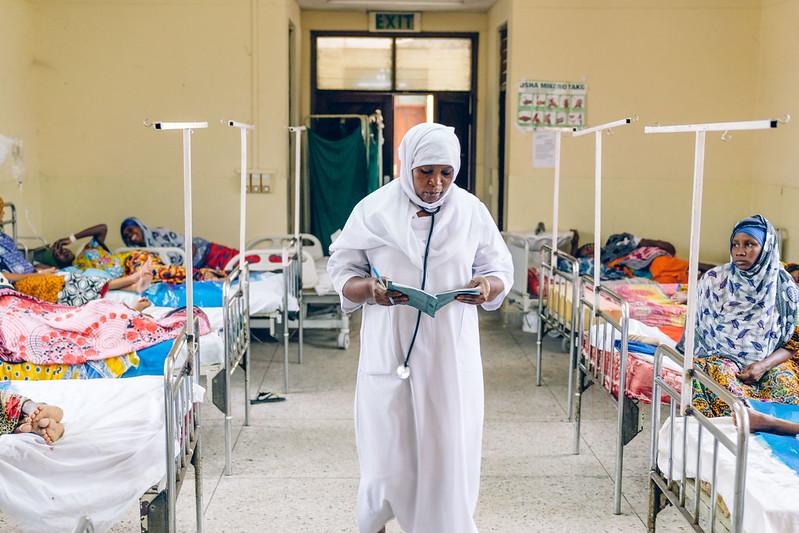
The Zanzibar Ministry of Health (MoH) approved an annual action plan in June 2019 to increase access to long-acting and permanent contraceptive methods (LAPMs) in nine hospitals on Unguja and Pemba islands. The plan aims to accelerate family planning uptake in support of the implementation of Zanzibar’s Costed Implementation Plan 2017-2022. Prior to this advocacy win, six of the nine hospitals did not offer LAPMs as part of their routine family planning services. Initial activities to order needed equipment and train more health providers in LAPMs are already underway.
Zanzibar has the lowest modern contraceptive prevalence rate of all the zones in Tanzania. Only 27% of currently married women aged 15 to 49 who need family planning are using modern methods of contraception, compared to about half (53.5%) of married women in mainland Tanzania. And most married women in Zanzibar who are using modern contraception use a short-acting method [1].
In early 2019, the local family planning coalition of the Zanzibar Nurses Association (ZANA), Advance Family Planning’s local partner, conducted a rapid assessment of the family planning method mix offered in all 24 health facilities in Zanzibar. The assessment revealed a number of challenges: weak logistics systems failed to ensure the consistent availability of family planning commodities, many health workers lacked capacity to provide LAPMs, and all nine of the islands’ main hospitals had limited equipment to provide tubal ligation and vasectomy.
Beginning in March 2019, ZANA’s family planning coalition shared these findings with policymakers at different levels, including the Principal Secretary and Director General of MoH Zanzibar, managers at Integrated Reproductive and Child Health program (ICRH) within the ministry, and hospital management teams from the nine hospitals.
In March 2019, the Director General recommended that the ICRH department, ZANA, and other stakeholders develop recommendations to address the challenges. ZANA supported the IRCH program to outline a plan to address the gaps. They shared the action plan with MoH Zanzibar officials, who later formally incorporated it within the MoH Zanzibar’s annual plan in June 2019.
The action plan’s approval led the IRCH to:
- Conduct a two-week comprehensive family planning training for 25 health providers in Unguja and Pemba in June 2019. They also sent four medical doctors to the Ifakara Health Institute in Morogoro on the Tanzania mainland for a training on bilateral tubal ligation and vasectomy, which they will cascade to colleagues.
- Expand availability of equipment for family planning services, particularly LAPMs, and procure additional equipment, including 20 mini-laparotomy sets in July.
Next, IRCH plans to meet with hospital management teams before the end of this year to discuss how to strengthen LAPM provision as part of routine family planning services, address remaining gaps, and bring services closer to clients at lower level facilities.
In support of this effort, between April and June 2019, ZANA received 14.5 million Tanzania Shillings (US $6,400) from the MoH Zanzibar to conduct community outreach activities, such as demand creation, community meetings, home visits to sensitize communities on family planning, and referral services to the nearest facilities.
As a next step, ZANA will continue to monitor implementation of the action plan, track LAPM use provided by the nine hospitals, and determine emerging advocacy opportunities to increase the number of service providers in Zanzibar.
References
[1] Tanzania Demographic and Health Survey 2015-16. Tanzania National Bureau of Statistics. Accessed September 19, 2019. https://dhsprogram.com/what-we-do/survey/survey-display-485.cfm

